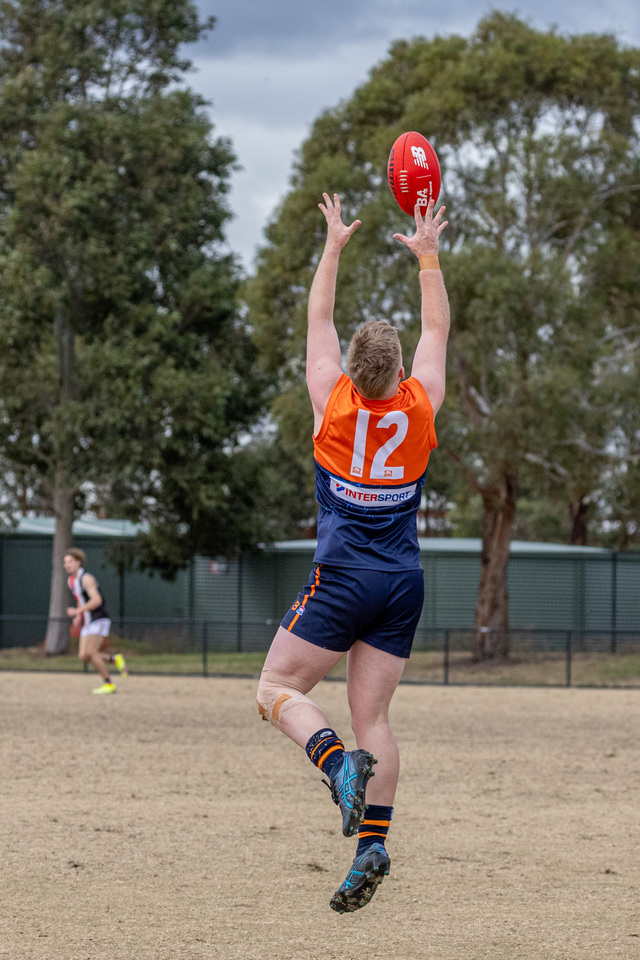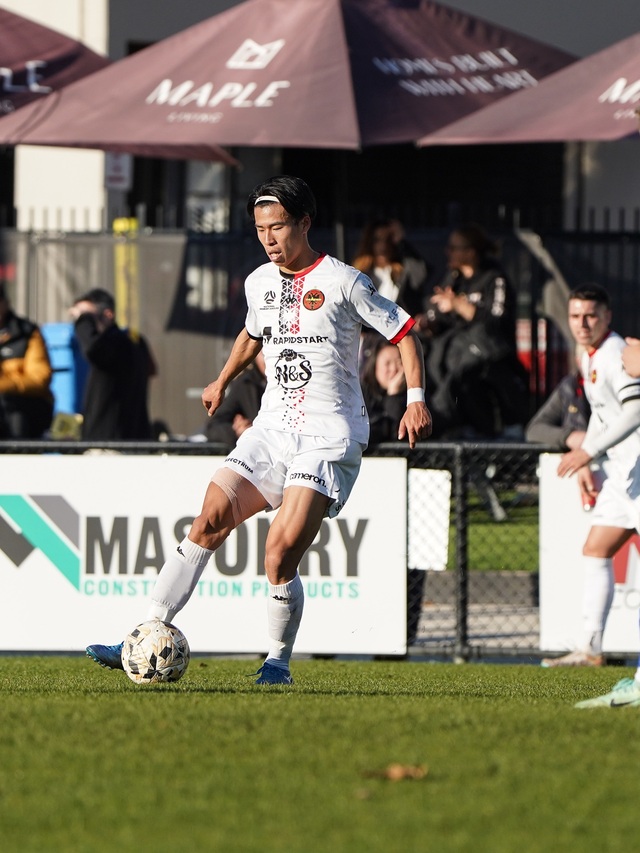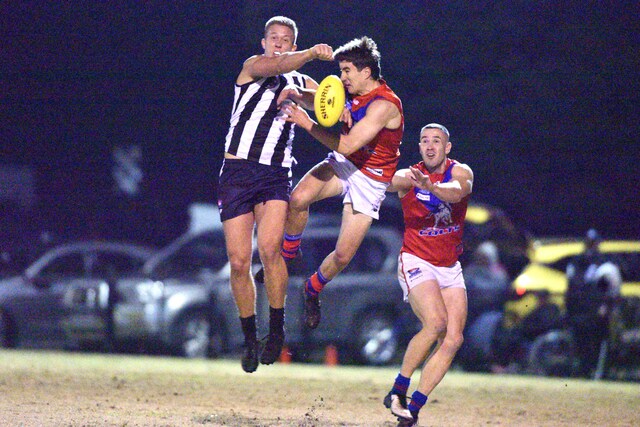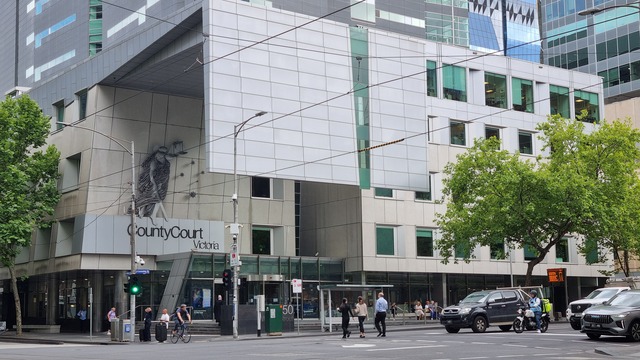A Noble Park man has been jailed for his role in bashing and detaining a person due to purported drug debts.
Muslim Yunus, 29, pleaded guilty at the County Court of Victoria to stealing the victim’s car and causing intentional injury.
On 19 March, the victim was “extensively” injured and his car stolen during an ordeal across four locations, the court heard.
He was initially entrapped in a co-accused’s garage in Dandenong over an alleged $40,000 drug debt.
Over two hours, the victim was threatened and assaulted by a man, who took the victim’s car keys and mobile phone. Yunus and another co-accused allegedly watched on.
That morning, Yunus, under instructions from a co-accused, is reported to have driven the victim in the victim’s car to Noble Park.
They were then allegedly greeted by a purported debt collector, Mike – who was acting on behalf of two others that were purportedly owed drug debts by the victim.
Again the victim was bashed and threatened by up to five people for several hours, the court heard.
Yunus claimed he was “peer pressured” into delivering two “forceful” punches to the victim’s face in quick succession.
The blows immediately caused the victim to spit blood on the floor.
Unknown people later detained the victim in a caravan at the rear of the dwelling, then took him to another nearby property.
The victim’s car has never been located.
The next day, the victim was taken with “extensive injuries” by an unknown person to Dandenong Hospital.
Prosecutors alleged that Yunus’ blows contributed to the injuries, including bruising and swelling to the face.
Yunus was arrested during a police raid of the Noble Park address.
“The use of violence in recouping unpaid drug debts is often associated with extremely grave offending,” sentencing judge Kate Hawkins stated on 4 February.
“In your case, a group of people offending against a single, largely defenceless victim is an example of such offending.”
In 2019, the Malaysian-born divorced father came to Australia for a new life and to put behind his own history of drug addiction.
On a bridging visa, Yunus worked up to four months in a factory but relapsed into using up to five points of the drug ice per day.
Judge Hawkins noted that Yunus played a “relatively minor” role in the offending. He was not charged with the victim’s extended false imprisonment.
She accepted Yunus was peer pressured into the offending. This was not an absolute defence, but it “somewhat reduced” his culpability, she said.
“Your involvement in this offending demonstrates that you were well and truly caught up in the vicious cycle of drug abuse and related violent offending, and the peer pressure which is often brought to bear on those captured by the vice of drug addiction.”
During the ordeal, Yunus showed a “degree of empathy” by giving the victim a small amount of heroin to help with withdrawal symptoms, Judge Hawkins stated.
His prospects of rehabilitation were “reasonable” if he avoided his past associates, took part in drug counselling and had “gainful employment”.
His defence lawyer indicated Yunus would be likely deported if sentence to jail for 12 months or more.
Yunus was jailed for nine months – less than the 303 days he had already served in pre-sentence detention.
Yunus is the first of his co-accused to be sentenced on the matter.







